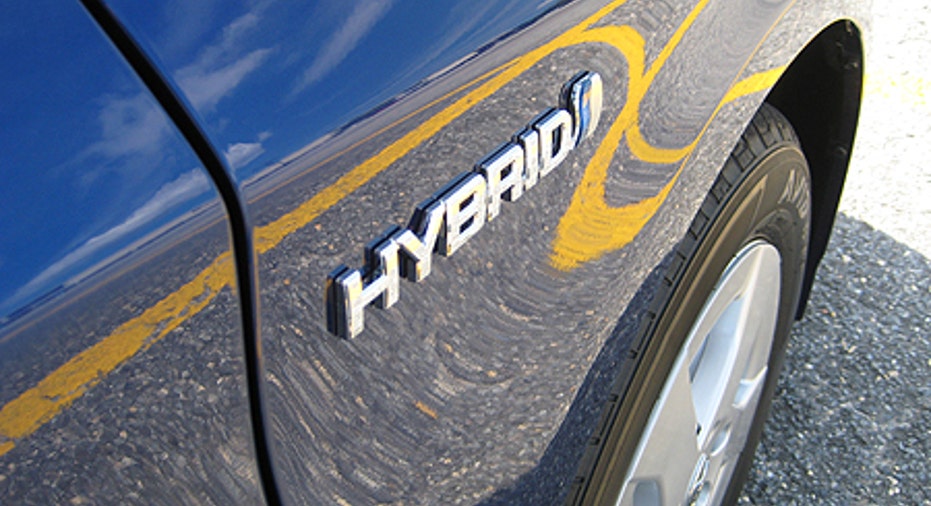Are You Ready to Buy a Hybrid or Electric Car?

With an ever-expanding number of plug-in hybrid cars and fully electric vehicles on the market, it's easy to wonder if plugging in is a better alternative to filling up. But there are many factors in determining if an electric car is right for your situation.
There are two broad types of electric cars: plug-in hybrids and pure electric cars. Plug-in hybrids, such as the Toyota Prius Plug-In, the Honda Accord Plug-In Hybrid, the Ford C-Max Energi and the Chevrolet Volt, can travel anywhere from a few miles to as far as about 35 miles of real-world driving on a single charge before using gasoline to increase the car's range to that of a gasoline-only car. Pure-electric cars, such as the Nissan Leaf and the Toyota RAV4 EV, are powered solely by electricity and their range is limited to the capacity of their battery pack, which in real-world driving is typically 60 to 100 miles on a single charge.
Drivers who travel short distances at slower speeds and do a lot of stop-and-go driving are typically the best candidates to take advantage of either type of electric car. Short trips are useful because they give the driver plenty of time to plug in to recharge between trips. Slower speeds and stop-and-go driving take better advantage of the technology, as the batteries are depleted more slowly when driving at slower speeds and can be somewhat recharged by capturing energy through regenerative braking.
For car owners whose driving habits and styles are ideal for electric or partial-electric cars, they still need to determine if driving an electric version, or EV, makes good financial sense. Because electric cars are typically more expensive than a similarly equipped gasoline model, anyone who buys a partial or full electric car starts off at a financial disadvantage. Still, the disadvantage can be quite small for those buyers who can take full advantage of the federal tax credits and who live in a state that offers generous tax credits.
The added initial cost of an electric car can be offset by the price discrepancy between electricity and gas -- electricity is generally cheaper. For buyers of plug-in hybrids, costs will be offset faster the more they are able to use their cars on electric power only and the less they use gasoline.
To see just how long it will take to offset the initial cost of an electric car versus its gasoline counterpart, the Department of Energy's vehicle cost calculator can help you factor in ownership costs to provide a chart of the break-even point.
Bankrate's content, including the guidance of its advice-and-expert columns and this website, is intended only to assist you with financial decisions. The content is broad in scope and does not consider your personal financial situation. Bankrate recommends that you seek the advice of advisers who are fully aware of your individual circumstances before making any final decisions or implementing any financial strategy. Please remember that your use of this website is governed by Bankrate's Terms of Use.



















